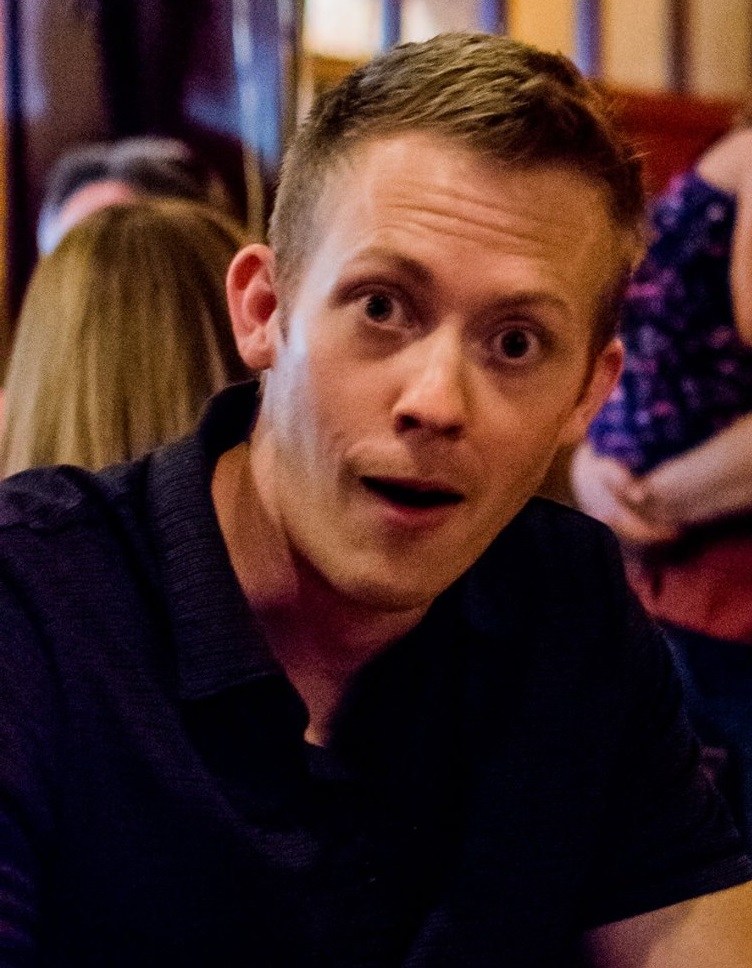A guest post by Hamilton Perez.
I was just starting out in college when I first decided to be a writer, and I set for myself the goal of publishing my first novel before I graduated. Seemed reasonable, I thought. It’s an uncertain field, after all, I should try to break in as soon as possible so I don’t just sit on my degree afterward. Now, several years after graduating, I still haven’t finished that first novel, let alone published one.
To be a writer is to be a dreamer. But that’s only half of it. To be a writer is to be disappointed. It’s easy, in the beginning to be blinded by imagination, ambition, by the colorful worlds sprouting and blooming inside your head. You can do this, you think. It’s all possible.
And therein lays the unsolicited rub.
Being a writer, or any artist really, is essentially an act of faith. It’s surrendering any sense of control in your personal (read: financial) destiny in pursuit of a creative field that’s harder to crack than a macadamia nut.
That’s why goals are such alluring creatures to an artist. They allow us to believe (for however brief a time) that we have some control over our pitiful fates. They’re lies we tell ourselves to get us moving when the doubt creeps in. But as with art, goals are often born from an excess of ambition. You learn that quickly as you fail to write your thousand words a day, then your five hundred words, then one hundred, until that day comes when you don’t write at all and spend three hours on the couch, watching The Flash with your dog who’s clearly disappointed in you.
Once you fail at your goals, you realize that the same imagination that fuels stories also fuels your hope of what you can accomplish in the one or two hour window you’ve set aside between work, relationships, and nap time. Little did you know when you set those goals that you were setting yourself up for failure.
O cruel, twisty irony!
It’s easy at this point to be discouraged. Indeed, that part’s encouraged. Wallow, dammit. You’re an artist. But once you’ve finished your wallowing, take a look at your work. You might have failed to meet a daily word count, but perhaps you reached half of it. Maybe you found a new plot device or story title. There’s always a silver lining hidden amid the dross. You’ve made something, which is the first step away from making nothing.
Before you can be a successful writer, you have to be a bad one. Before you can set reasonable goals, you have to chase the crazy ones. You have to know what your limits are, what you can handle and what you can’t. The good news: you’re doing it! The bad: you have to fail, you are going to fail.
Embrace that failure.
But setting goals and working towards them isn’t enough. You have to recognize when those goals aren’t working and are actually holding you back. Writing 250 words a day isn’t going to make you a better writer if you’re just typing “Why am I doing this?” fifty times. When that failure comes, you need to either change the goal or abandon it. It’s better to only write a promising first chapter during National Novel Writing Month than to write a terrible novel that had some potential in chapter one.
In 2016, I tried the popular NaNoWriMo for the first time. I planned out the story a month ahead. I did my research beforehand. I calculated how much I needed to write in a day and when I could afford to take a day off. And the first week I was on a roll, churning out one to two thousand words a day. But in the second week, I started to slip. I wrote less and I was less happy with what I wrote. The dream of having a completed novel to work with and develop in December was slipping away. I had a choice: I could either slog through and try and reach the final word count, or readjust my goals and develop the parts of the novel I liked to see where the story actually wanted to go.
The exciting result: I still haven’t finished that novel… But I absolutely love the three chapters I’ve got so far. Most of what I’d written after that point has been scrapped or reworked, and the novel is so much better for it. But because of the work I did during NaNoWrMo, even though I technically failed at the goal, I now know where I want the story to go.
Like rules, creative goals are made to be broken. They aren’t for life planning. They’re for now. For getting you moving, getting you writing. Whether you meet them isn’t really the point. The point is you keep going. Sometimes slowly, sometimes quick. You keep going. You write and you create.
So set your goals. Set reasonable ones. Set ambitious ones. Just set some goals, something—anything—for you to shoot for. Then abandon them when they stop working for you. Wallow a bit. Clear your head. Set some new goals, and write.
Rinse, repeat.
About Hamilton Perez
 Hamilton Perez is a writer and freelance editor living in Sacramento, California. When not writing, he can be found rolling 20-sided dice or chasing squirrels with the dog. His stories have appeared in Daily Science Fiction, Metaphorosis, and Syntax & Salt. You can follow him on Twitter @TheWritingHam.
Hamilton Perez is a writer and freelance editor living in Sacramento, California. When not writing, he can be found rolling 20-sided dice or chasing squirrels with the dog. His stories have appeared in Daily Science Fiction, Metaphorosis, and Syntax & Salt. You can follow him on Twitter @TheWritingHam.




